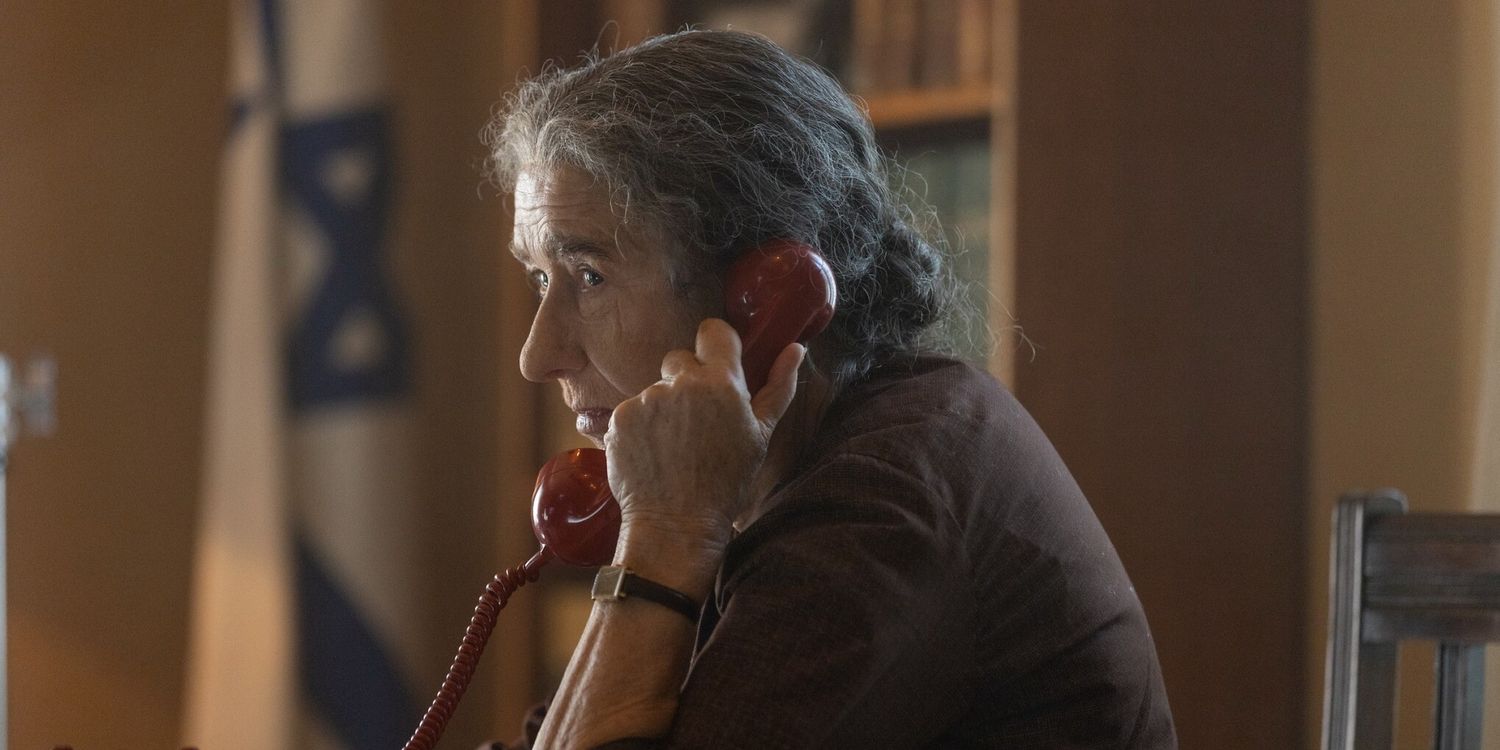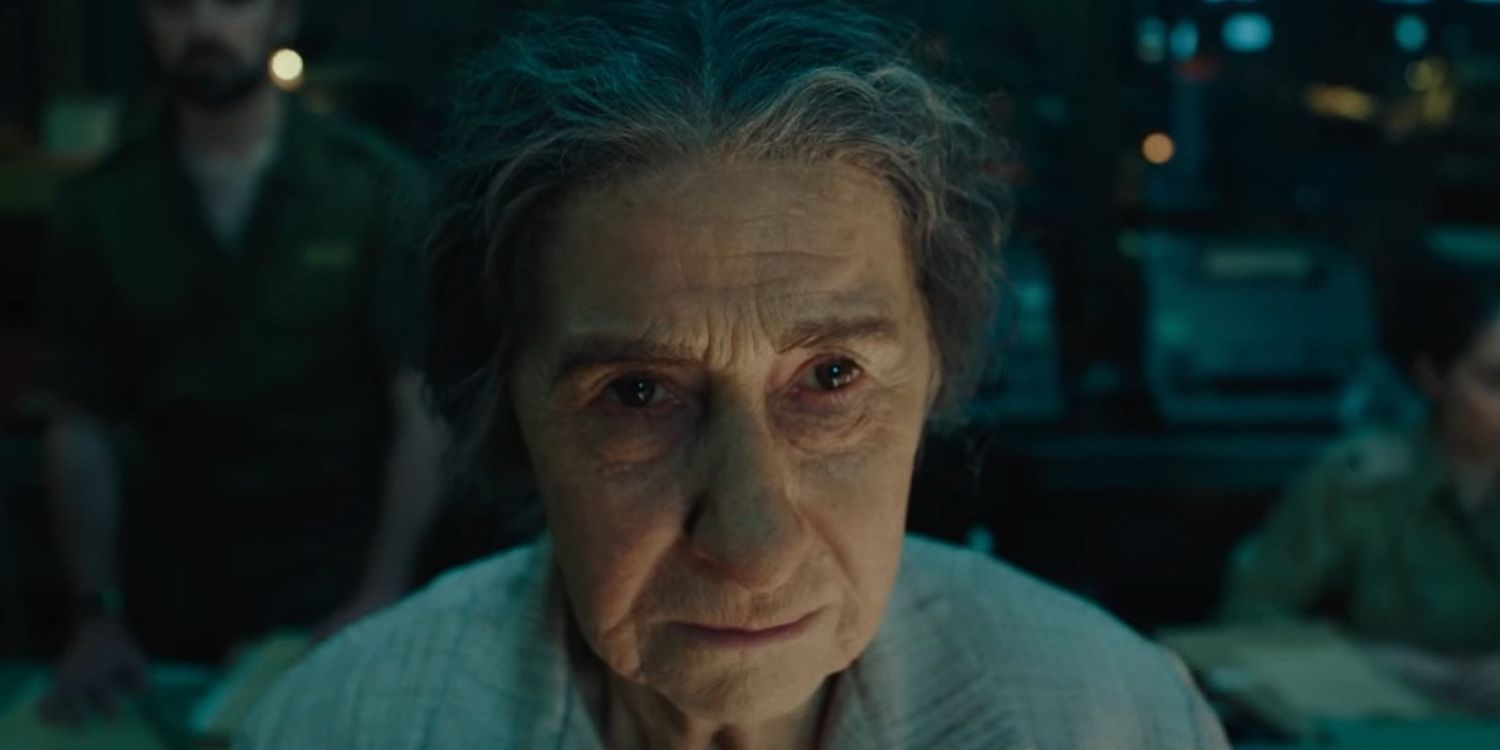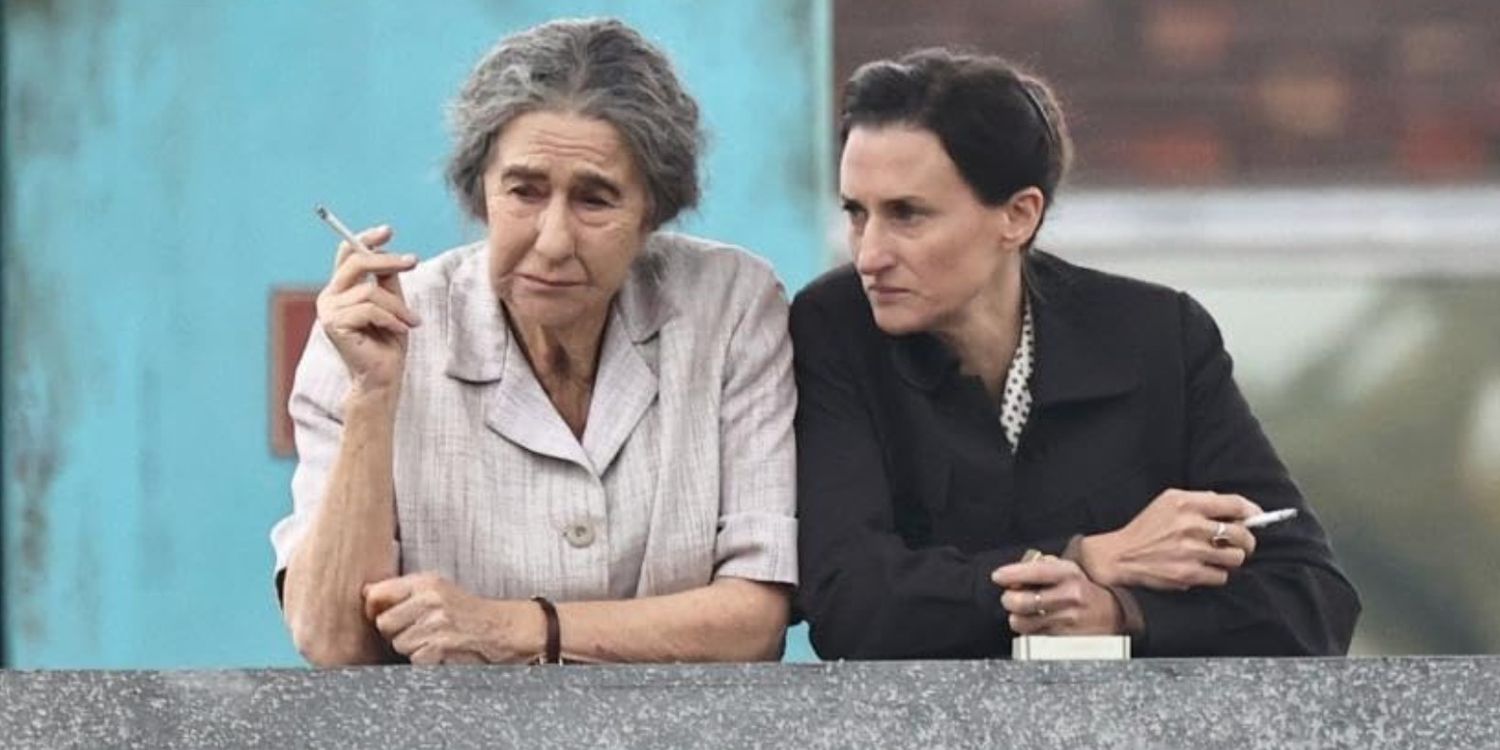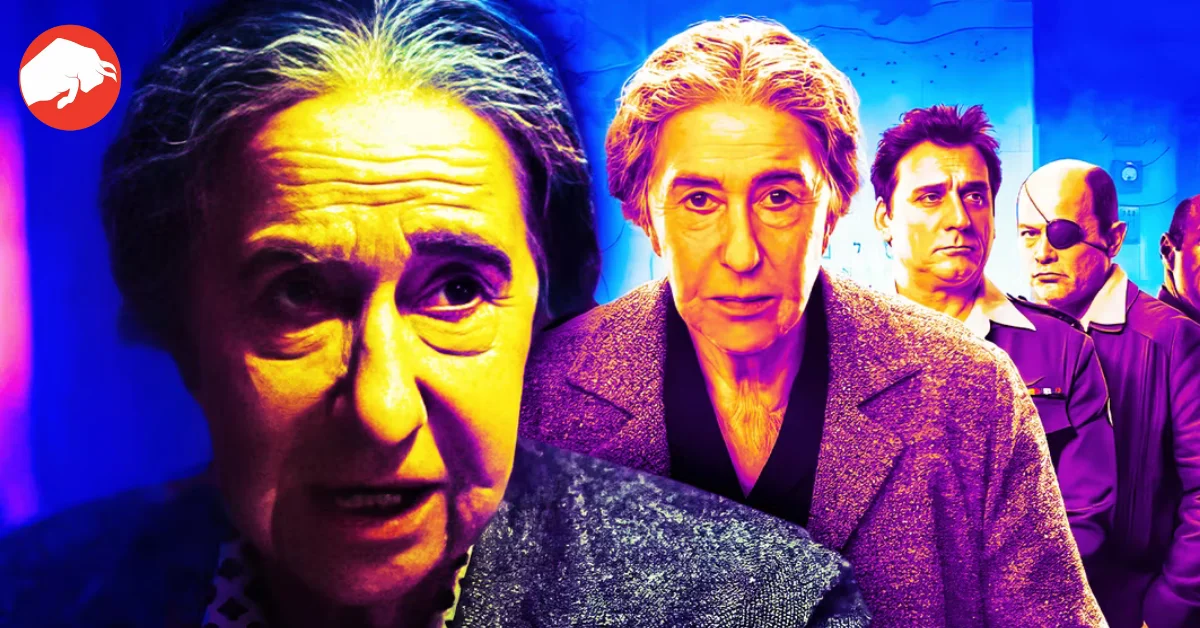Golda Meir’s reign as Israel’s prime minister from 1969 to 1974 remains one of the most defining eras in the nation’s history. Her tenure, marked by the turbulent Yom Kippur War and her quest for Middle Eastern peace, has now been brought to life in the 2023 biographical film, “Golda”, directed by the accomplished Guy Nattiv. With its US release slated for August 25, this gripping tale showcases Helen Mirren in the titular role, capturing the essence of a woman whose influence extended well beyond political borders.
Unraveling Golda Meir’s Political Tenure
Golda Meir’s ascension to the prime minister’s office came in the wake of the sudden demise of her predecessor, Levi Eshkol. Her leadership style aimed at promoting peace in the turbulent Middle East. “A major theme of Meir’s premiership was her promotion of peace in the Middle East,” a goal that remained sadly unfulfilled during her term. Yet, Meir’s influence and legacy extend far beyond just this period, especially her ability to establish significant international connections, enhancing Israel’s global stance.
However, her reign was not devoid of controversies. Her remark, “there was no such thing as Palestinians,” still casts a shadow on her otherwise notable legacy. But despite such challenges, Meir’s tenacity as Israel’s only female prime minister left an indelible mark on the nation’s political landscape.

The Yom Kippur War: A Turning Point
One of the most pivotal episodes during Meir’s leadership was the Yom Kippur War. Despite alarming intel about Syrian forces amassing on the Golan Heights, Meir and her advisors were caught off-guard by a surprise attack on October 6, 1973. Though Israel initially faced heavy setbacks, swift assistance from the US enabled them to regain lost territories and the conflict concluded with a UN-mediated ceasefire on October 25. This short yet intense war shook the Middle Eastern dynamics and placed Golda Meir’s leadership under intense scrutiny.

Meir’s Leadership Controversies During the War
Meir’s wartime decisions, particularly the hesitance to launch a preemptive strike against the Arab nations, drew sharp criticism. Her perceived cautious approach was blamed for Israel’s initial setbacks in the war. Despite being exonerated by the Agranat Commission, the repercussions of the war and ensuing political turmoil precipitated Meir’s resignation in 1974.

Life After Premiership
Post-resignation, Meir transitioned to a more private life, yet remained an influential voice in Israeli politics. Her autobiography, “My Life”, published in 1975, offered an introspective look into her journey, achieving acclaim as a New York Times bestseller. Sadly, this iconic leader passed away on December 8, 1978, but her legacy as a beacon of hope, peace, and human rights remains unparalleled.

Golda: A Testament to a Legacy
Golda Meir’s life and political career, riddled with challenges, triumphs, and controversies, is a testament to her unwavering dedication to her nation and peace. The film “Golda” serves not just as entertainment but as an ode to a leader whose influence remains undiminished. It’s a cinematic reminder that Golda Meir’s life story, though marred by challenges, stands as an enduring beacon for leaders worldwide.









